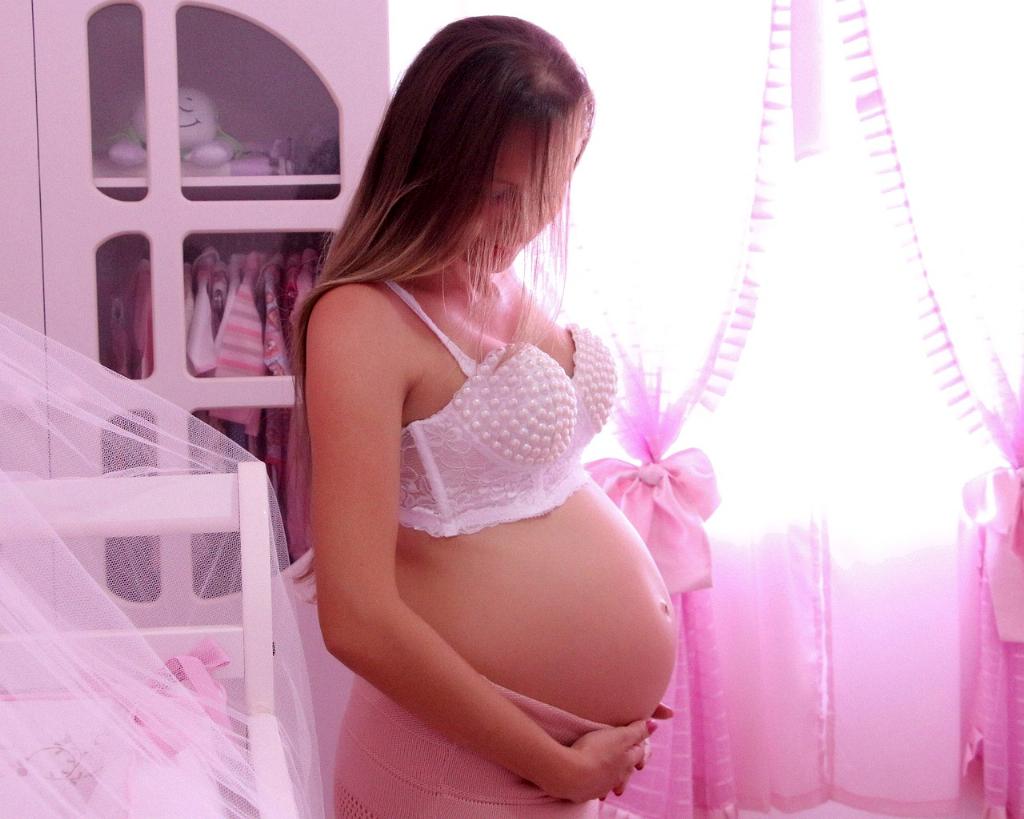When considering the effects of rubella on pregnant women, it is crucial to understand the potential risks and complications that this virus can pose to both the woman and her unborn child. Rubella, commonly known as German measles, is typically a mild illness in adults, characterized by symptoms such as a rash and swollen glands. However, when a pregnant woman contracts rubella, the consequences can be far more severe.
One of the most concerning risks associated with rubella during pregnancy is the increased likelihood of miscarriage. The virus can disrupt the normal development of the fetus, leading to complications that may result in the loss of the pregnancy. This heartbreaking outcome underscores the importance of preventing rubella infection in pregnant women through vaccination and other preventative measures.
Furthermore, rubella can also cause a condition known as congenital rubella syndrome in babies whose mothers were infected during pregnancy. This syndrome can result in a range of serious birth defects, including deafness, blindness, heart abnormalities, and intellectual disabilities. The impact of congenital rubella syndrome can be lifelong and may require ongoing medical care and support for the affected child.
It is essential for pregnant women to be aware of the potential risks of rubella and to take proactive steps to protect themselves and their unborn babies. This includes ensuring that they are up to date on their vaccinations before becoming pregnant and avoiding contact with individuals who may be infected with the virus.
Precautionary measures such as handwashing, avoiding crowded places, and staying away from individuals who are sick can help reduce the risk of rubella transmission. Additionally, pregnant women should seek medical advice if they suspect they have been exposed to rubella or develop symptoms of the illness, such as a rash or fever.
The impact of rubella on a pregnant woman is not limited to physical health risks but can also have significant emotional and psychological effects. The fear and uncertainty surrounding the potential harm to the unborn baby can take a toll on the mental well-being of the mother, highlighting the importance of emotional support and counseling during this challenging time.
Healthcare providers play a crucial role in educating pregnant women about the risks of rubella and guiding them on the necessary steps to protect themselves and their babies. Regular prenatal care visits provide an opportunity for healthcare professionals to discuss vaccination recommendations, monitor the health of both the mother and the fetus, and address any concerns or questions the mother may have.
While the impact of rubella on a pregnant woman can be devastating, early detection and intervention can help mitigate some of the risks associated with the virus. Timely medical treatment, close monitoring of the pregnancy, and access to specialized care for babies born with congenital rubella syndrome are essential components of managing the consequences of rubella infection.
In conclusion, rubella poses a significant threat to pregnant women and their unborn children, with the potential for serious health complications and long-term effects. By taking proactive measures to prevent rubella infection, seeking timely medical care, and receiving appropriate support and guidance, pregnant women can help safeguard their health and the well-being of their babies.

